Cost of living: How oil heating price rise is worrying families
- Published
"People are having to make their choices as to whether they heat or eat"
As millions of UK families prepare for a hike in their energy bills, some are already feeling the pinch because their heating is powered by oil.
Sara Bate, 43, is one of 1.5 million UK householders whose heating is powered by oil as her home in rural west Wales does not have mains gas supply.
As many worry about the energy price cap rise, higher bills are a reality for oil customers such as Sara.
"Everything has got a bit more basic," she said.
The mother-of-one added: "I eat basic food and I need new shoes but they are going to have to wait.
"I juggle the bills. I could get rid of my car but I'm looking for work and round here you need a car because there isn't a bus service up here anymore."
Sara has not bought any clothes "for quite a long time" because her heating costs are soaring as the temperatures drop with the cost of oil reaching a seven-year high.
How much is the cost of living affecting families?
It comes amid a cost of living crisis with prices in the UK rising at the fastest rate in nearly 30 years and people have been warned it could get worse.
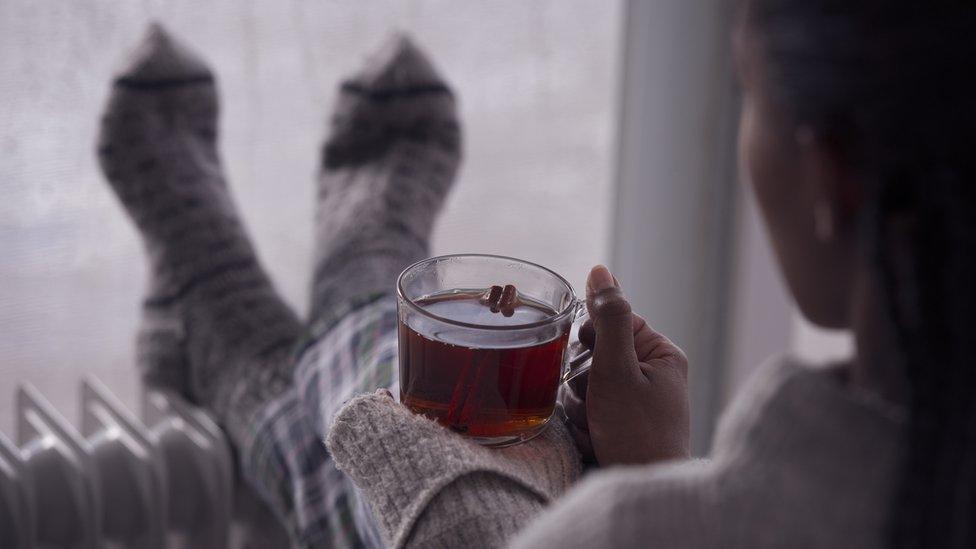
Some customers who have oil heating have seen bills rise by more than 50% in the past year
Costs to heat homes of oil customers have risen sharply - some by more than 50% in the past year - and it is particularly affecting rural areas like where Sara lives.
While oil heats 4% of UK homes, more than 33% of homes in Ceredigion are heated this way and Office for National Statistics research said the county had faced the highest increase in fuel bills of any area in mainland UK in the past year - £863 on average.
The energy price cap, which limits how much providers can charge for energy per unit, is expected to soar in the spring because of "unprecedented" rises in gas prices and will affect the three-quarters of UK households.
What does high inflation mean? The BBC's Colletta Smith explains in 90 seconds
Oil customers, though, also feel vulnerable as they are not protected by the energy cap.
It would cost Sara, who lives with her 13-year-old daughter in Llandysul, about £1,000 to fill the oil tank in her garden.
But as she is dependent on benefits and gets £220 a fortnight, she tops up £18 worth of oil a week - so uses heating sparingly and concentrates on keeping her daughter's room warm.
With oil price rises expected to continue, Sara said: "What will we do then?
"Am I going to have longer and longer periods without heat. I don't want to do that as it's not fair on the little girl to say you've got to be cold and put a jumper on. It's worrying."
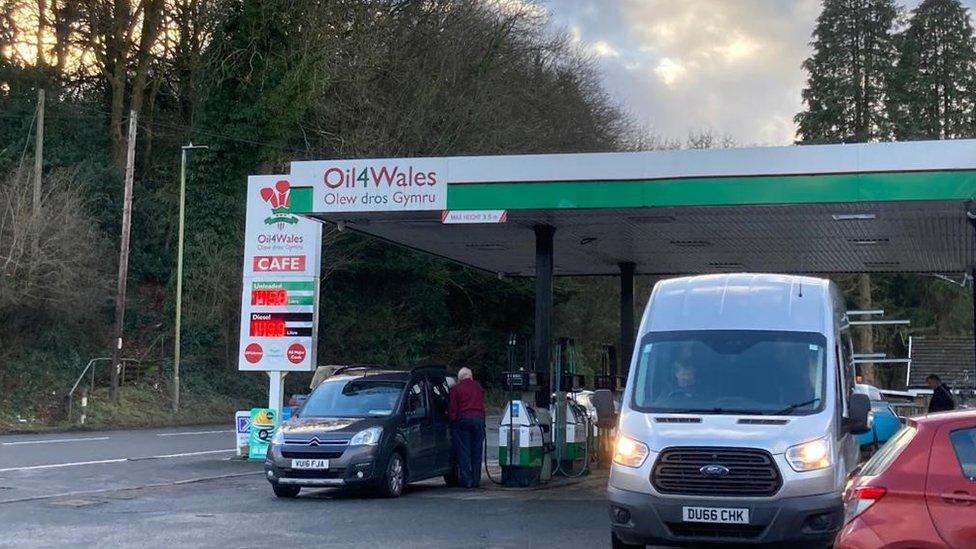
Sara Bate said her car is vital in rural west Wales as public transport is poor
She was so worried about how to pay her bills that she went to her local Citizens Advice Bureau (CAB) for help.
It said it had seen an increase in the number of people across Ceredigion wanting guidance on paying their energy bills.
"We're being inundated with clients who are really concerned about their bills," said William Jones from CAB.
"It's putting so much pressure on people. They are having to make the choice of whether they heat or eat. What we see a lot of the time is that people are underheating their homes so they are trying to make things last longer."

William Jones is the energy advice supervisor at Ceredigion CAB
Pressure groups described the increases in fuel prices as reaching crisis point, external.
The Liberal Democrats predict both Ceredigion and Gwynedd will experience the steepest energy price rises - and suggested abolishing the 5% VAT rate on energy bills to help families.
The party's leader in Wales said removing VAT would see "£100 come off the bill straight away".
"We want to see a system here in Wales where actually there is much more commitment to ensuring the warm homes discount is doubled, particularly for vulnerable people," said Jane Dodds, who represents mid and west Wales in the Welsh Parliament.
"For the UK government we want them to introduce what we're calling a Robin Hood tax - that is a transaction tax on the big energy companies."
Allow YouTube content?
This article contains content provided by Google YouTube. We ask for your permission before anything is loaded, as they may be using cookies and other technologies. You may want to read Google’s cookie policy, external and privacy policy, external before accepting. To view this content choose ‘accept and continue’.

But Fay Jones, Conservative MP for Brecon and Radnorshire, said a cut to VAT was not the solution and government and industry needed to come together.
"We do have to think holistically, we can't just look at quick fixes like cutting VAT," she said.
The Welsh government said: "Rural households are included within the scope of our Discretionary Assistance Fund (DAF), which supports eligible off-grid homes with the cost of fuel and boiler repairs.
"The DAF is also working closely with our single advice fund services so more vulnerable people can get the advice and support they need to tackle the root causes of their financial problems and improve their longer term outcomes."
The UK government said families could be eligible for the Warm Home Discount, external, which it said could take £150 off annual bills by October.
"Homes which are off the gas grid but on the electricity grid are still protected by the energy price cap," added a UK government spokesman.
"We also have numerous other schemes available to support vulnerable and low-income households across the UK, such as winter fuel, external and cold weather payments, external."

FUNNIEST WELSH TV OF LAST CENTURY: Join Kiri on a journey of comedic discovery
SLAMMED: The story of Wales’ transformation from rugby rejects to rugby royalty

- Published19 January 2022

- Published18 January 2022
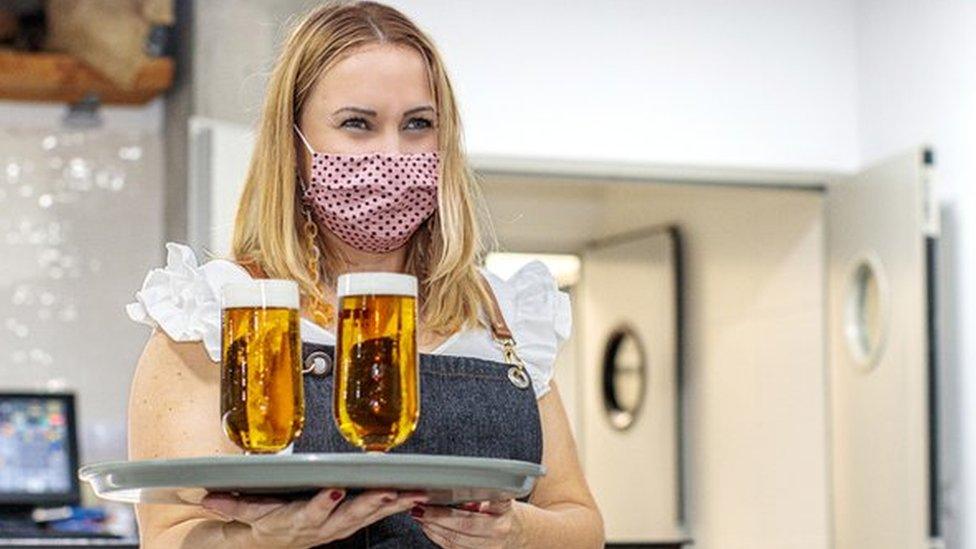
- Published19 January 2022

- Published16 January 2022
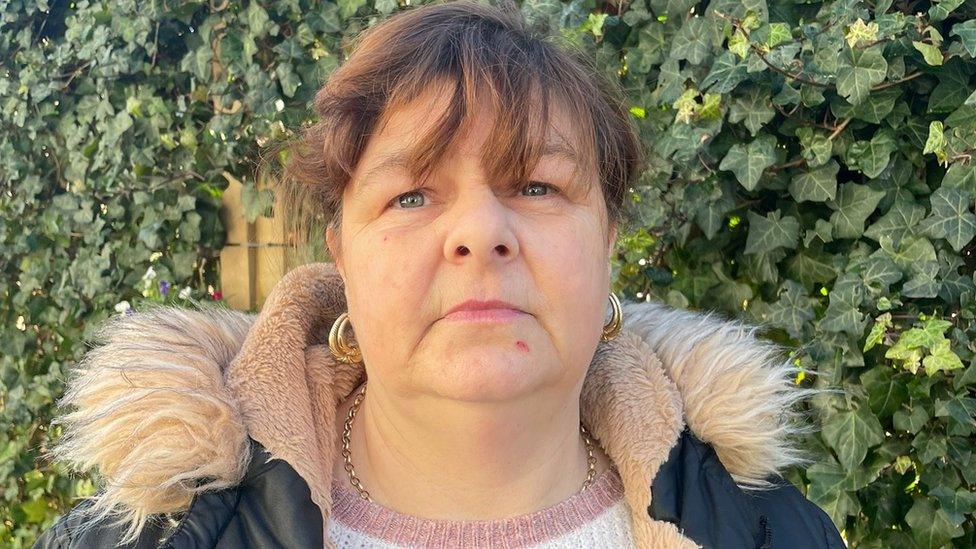
- Published12 January 2022
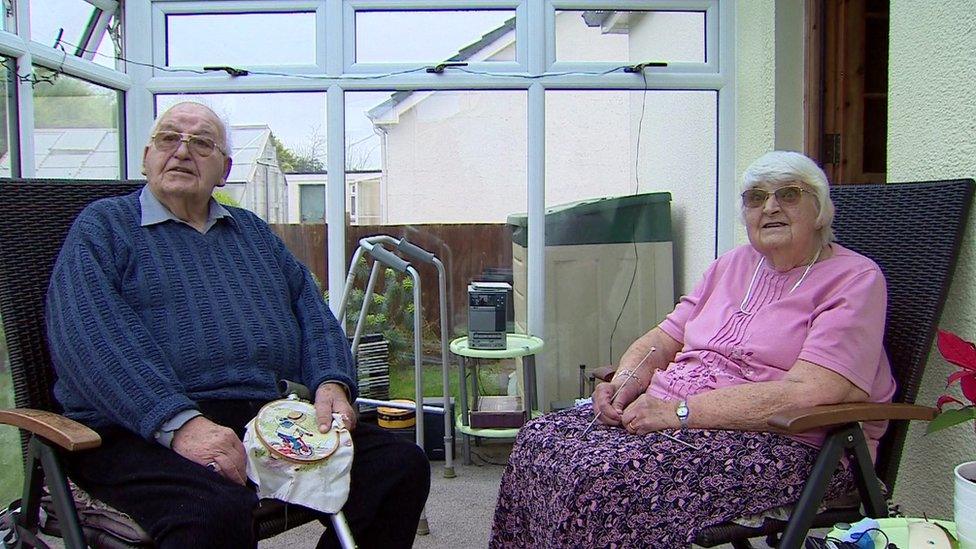
- Published12 January 2022

- Published5 January 2022
- Published29 December 2021

- Published27 December 2021
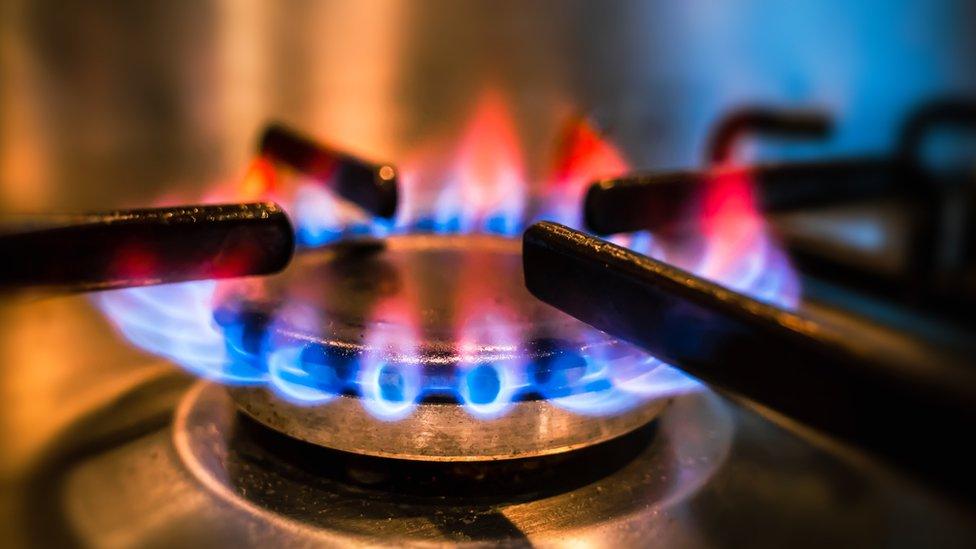
- Published15 December 2021
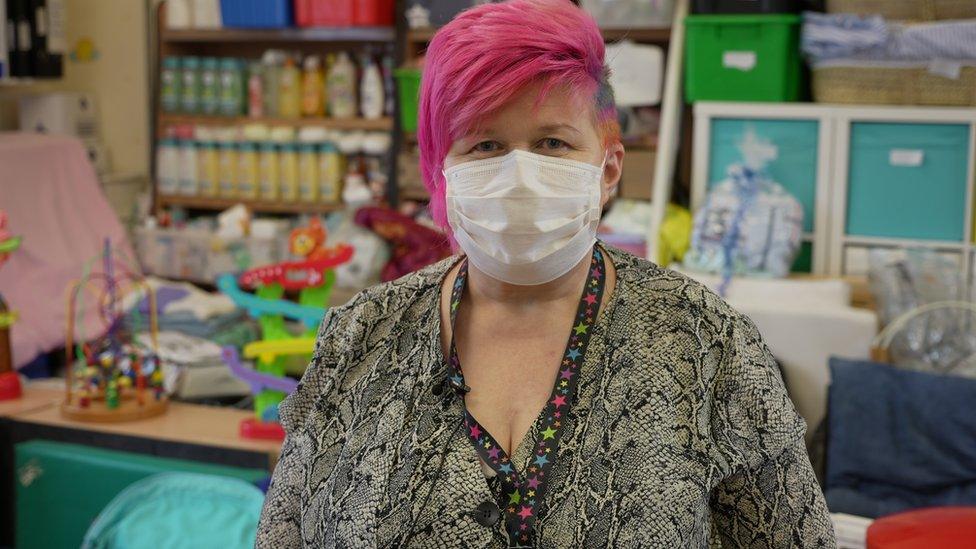
- Published15 December 2021

- Published6 November 2022

